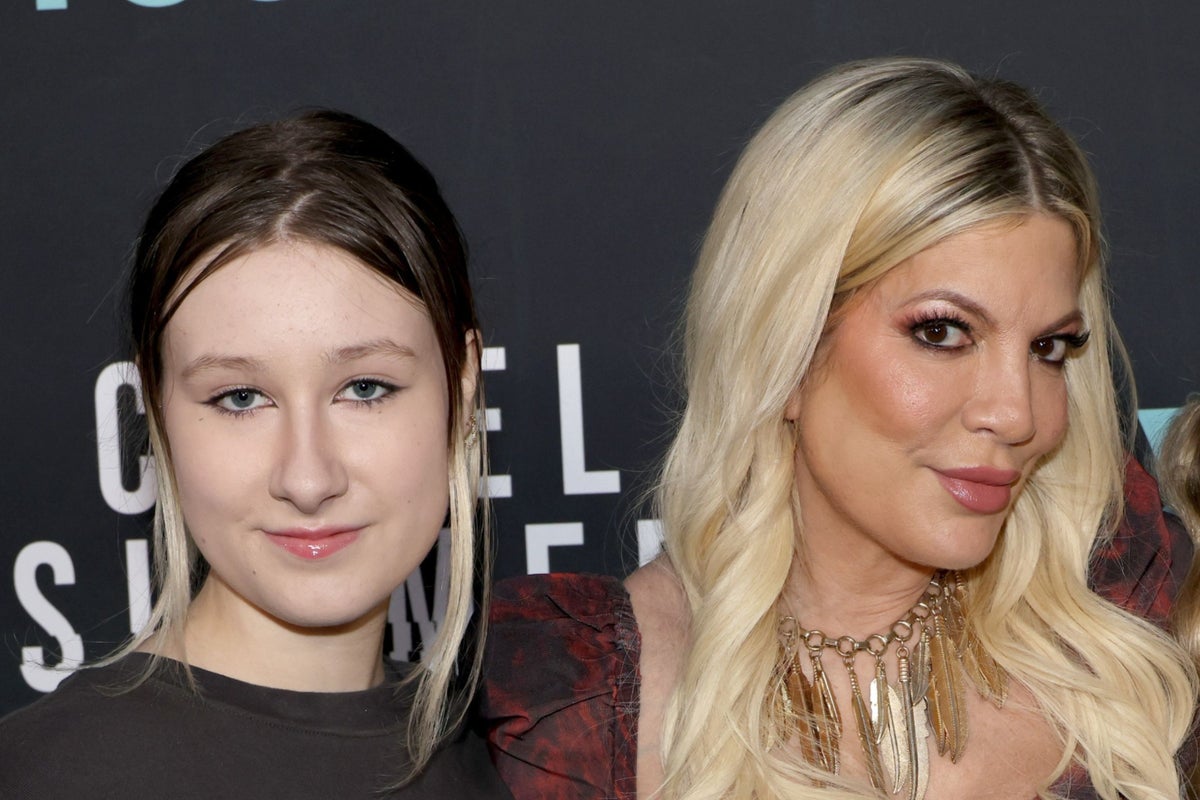Tori Spelling’s Decision to Homeschool Due to Bullying Exposes Society’s Dark Truth About Acceptance and Discrimination in the Face of Physical Differences
Tori Spelling, a well-known actress and media personality, recently shared a deeply personal anecdote about her daughter’s experience with bullying, a revelation that has sparked significant public discourse. Spelling disclosed that her daughter was homeschooled for an entire year due to the relentless bullying she faced over a skin condition. This incident sheds light on broader societal issues regarding acceptance, discrimination, and the mental health impacts of bullying, particularly related to physical differences.
Bullying remains a pervasive issue in schools across the globe, manifesting in various forms, including verbal abuse, social exclusion, and physical intimidation. The emergence of digital platforms has further complicated the bullying landscape, allowing for online harassment that can be just as damaging as in-person encounters. In the case of Spelling’s daughter, the bullying was specifically tied to her skin condition, highlighting how physical differences can lead to severe social repercussions for children.
The impact of bullying on mental health is profound and well-documented. Victims often experience anxiety, depression, and a diminished sense of self-worth. The repercussions can extend well into adulthood, affecting personal relationships and professional opportunities. In extreme cases, bullying has been linked to tragic outcomes, including self-harm and suicide. Tori Spelling’s personal history with eczema adds another layer to this narrative, illustrating that even those who have experienced similar challenges may find themselves struggling to protect their children from the harsh realities of societal judgment and stigma.
The decision to homeschool, while often viewed as a controversial choice, can be seen as a necessary measure for parents who wish to safeguard their children’s mental health. Homeschooling allows for a controlled learning environment where children can thrive academically without the fear of harassment. However, it also raises questions about socialization and the ability of homeschooled children to interact with their peers. Critics of homeschooling argue that removing children from traditional school settings can hinder their social development, making it more difficult for them to navigate complex social dynamics in the future.
Moreover, Tori Spelling’s experience touches upon a broader cultural conversation about how society treats individuals with visible differences. The stigma associated with conditions like eczema, acne, or other skin ailments is often rooted in beauty standards perpetuated by media and societal norms. These standards can create an environment where children feel pressured to conform to an idealized version of beauty, leading to exclusion and bullying of those who do not meet these expectations.
In addressing these issues, it is crucial to foster a culture of acceptance and understanding. Educational programs focused on empathy, diversity, and inclusion can play a significant role in mitigating bullying behavior among children. Schools can implement anti-bullying policies that emphasize the importance of acceptance and respect for differences, creating a more supportive environment for all students. Advocacy groups and mental health organizations also have a vital role in providing resources and support for both victims of bullying and their families.
As conversations around bullying continue to evolve, high-profile cases like Tori Spelling’s serve as important reminders of the work that still needs to be done. The intersection of mental health, societal expectations, and physical differences creates a complex landscape that requires ongoing dialogue and action. The narrative surrounding bullying is not just a personal story; it is a societal concern that calls for collective responsibility in fostering a more compassionate world.
The experience of Tori Spelling and her daughter exemplifies the need for awareness and change in how we approach bullying and acceptance. It is essential to recognize that every individual deserves to feel safe and valued, regardless of their physical appearance or any other personal attributes. By confronting these issues head-on, we can work towards a society that prioritizes kindness and understanding over judgment and exclusion.
The actor has also suffered with eczema throughout adulthood




